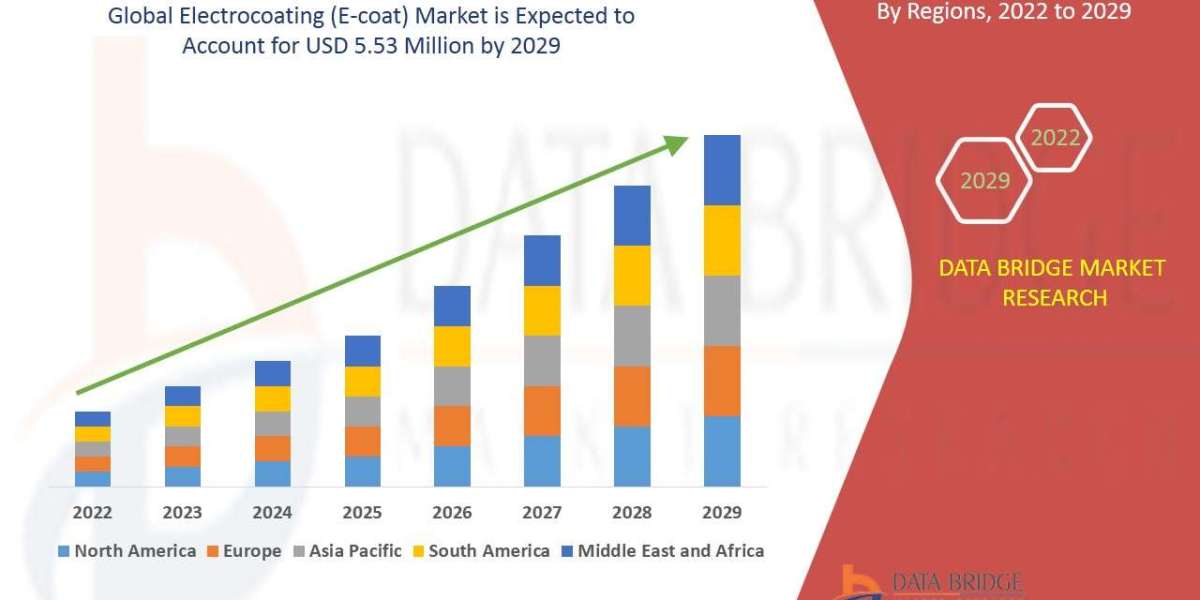Why is this question even important for tech professionals today?
If you’re in tech, you’ve probably asked yourself or heard a friend ask where the money really is in India’s metro cities. It’s not just about a paycheck; it’s about career growth, lifestyle, and the networks you’ll build. Bangalore, Mumbai, Delhi NCR, Hyderabad, Pune, Chennai each one carries its own aura and promises. But in 2025, when job roles are getting sharper, remote work isn’t the only game in town, and competition is stiffer, you need to know which city truly pays you what you deserve.
And that’s exactly why we at Aplus Hub pulled together verified numbers, job data, and discussions from hiring managers, headhunters, and even job seekers like you. Because it’s easy to read generic “Bangalore is the Silicon Valley of India” posts, but you deserve the real breakdown.
Where do Bangalore’s tech salaries stand in 2025?
Let’s start with the obvious candidate Bangalore. Known as India’s tech capital, the city still hosts the headquarters of global giants like Infosys, Wipro, and Flipkart while also housing unicorns like Razorpay and Swiggy. In 2025, Bangalore continues to lead, but the picture isn’t as one-dimensional as before.
Average salary range for software developers: ₹10–20 lakh annually, depending on experience.
Cloud architects and AI engineers: Many are touching ₹35–45 lakh brackets, especially with top MNCs.
Startups and stock options: Compensation packages are often structured with ESOPs that may not show immediate cash flow but create massive long-term wealth.
But here’s the catch: high salaries come with higher living costs. Rentals in Koramangala or Indiranagar are sky-high, often eating into that big paycheck. So yes, Bangalore is rewarding, but you need to factor in whether lifestyle inflation cancels out your gains.
Does Delhi NCR hold its ground against Bangalore?
This is where things get interesting. Delhi NCR (Gurugram, Noida) often gets dismissed as a finance and consulting hub, but in 2025 it’s holding its ground in tech salaries. Companies like Zomato, Paytm, and several SaaS firms have made Gurugram a serious tech hub.
Senior data scientists and ML specialists: Salary packages easily cross ₹40 lakh in fintech firms.
Product managers: Often see ₹30–50 lakh paychecks, sometimes more with bonuses.
IT services and backend roles: Average around ₹12–18 lakh annually.
Now, what makes NCR attractive is cost versus earnings. While certain parts of Gurugram match Bangalore’s rental madness, you’ll find affordable alternatives in Noida and Faridabad. Plus, the social infrastructure, schools, metro, proximity to the capital adds value. So, while Bangalore wins on brand, NCR is quietly paying more for specific tech roles.
Can Hyderabad surprise you in 2025?
If you had asked this question five years ago, Hyderabad might have been a wildcard. But not anymore. In 2025, Hyderabad has positioned itself as the quiet competitor that doesn’t scream about its growth but keeps delivering.
Cloud computing and cybersecurity jobs: Salaries are close to Bangalore standards, often ₹15–25 lakh annually.
Global capability centers (GCCs): Amazon, Microsoft, and Google have huge setups here, pushing median salaries up.
Mid-level tech roles: Around ₹10–15 lakh, but with lower cost of living than Bangalore.
Hyderabad’s advantage is lifestyle balance. If you earn ₹20 lakh in Hyderabad, you’ll save a chunk compared to earning the same in Bangalore. That saving, plus the city’s infrastructure and upcoming tech parks, makes it a serious contender.
Is Mumbai still relevant for tech jobs?
Mumbai is India’s financial hub, and many dismiss it as too finance-driven. But here’s the twist it’s increasingly becoming relevant for product and fintech roles. Companies like PhonePe, CRED, and several banking-tech hybrids prefer Mumbai.
Fintech developers: Packages hover around ₹18–28 lakh annually.
Product analysts and managers: Can easily fetch ₹25–40 lakh depending on company size.
Backend engineers in BFSI: Salaries are competitive, but the growth is faster because of industry demand.
The problem? Mumbai is brutal on cost of living. If you’re not getting a package above ₹30 lakh, your savings will feel squeezed. But if you want to be in fintech or product-driven roles, Mumbai is still a powerhouse.
Does Pune offer hidden opportunities in 2025?
Often overshadowed by its neighbors, Pune is becoming the choice for IT services, SaaS startups, and R&D hubs. It’s not the flashiest, but don’t underestimate it.
Average software engineer salary: ₹8–14 lakh annually.
SaaS and product startups: ₹15–20 lakh for mid-level roles, often with flexible work policies.
Global players like Infosys, TCS, and Tech Mahindra: Salaries may be slightly lower, but stability is high.
What makes Pune attractive is affordability and lifestyle. Tech professionals with young families often prefer Pune because they can earn decently while maintaining a balanced life. It may not top the charts, but it’s a safe, steady option.
Should you consider Chennai for a tech career?
Chennai doesn’t always get the limelight, but in 2025, it’s holding strong, particularly in automotive tech, SaaS, and R&D. Zoho, Freshworks, and multiple automotive IT companies are creating specialized demand here.
SaaS developers and engineers: ₹12–18 lakh annually.
Automotive tech and embedded systems: Salaries between ₹15–25 lakh depending on expertise.
Cloud engineers: Comparable to Bangalore’s mid-level range, about ₹18–22 lakh.
Chennai also benefits from being relatively affordable, though language and climate can be a barrier for some. Still, if you’re looking at SaaS or automotive innovation, it’s one of the strongest bets.
So which city really wins the crown in 2025?
The answer depends on what you value more absolute salary numbers, long-term savings, or career trajectory.
If you want brand recognition and the most jobs overall: Bangalore.
If you want higher salaries in fintech and product roles: Delhi NCR or Mumbai.
If you want a balance between salary and cost of living: Hyderabad.
If you want affordable growth and steady stability: Pune or Chennai.
And here’s the kicker: you don’t need to figure this puzzle out alone. That’s where Aplus Hub comes in. Instead of wasting time hopping across 20 job portals, Telegram groups, and LinkedIn feeds, you can find verified salary ranges, company openings, and headhunter contacts all in one place. Think of it as a salary map plus career compass, designed to help you choose not just a job, but the right city for your career journey.
Conclusion
It’s tempting to chase the highest paycheck, but pause for a second. Ask yourself: Will I actually save more here? Will my career path open more doors in this city? Will I enjoy life outside of work? Because a fat salary that disappears into rent, traffic, and stress isn’t really worth it.
That’s why your decision should be backed by data and perspective. And that’s what we at Aplus Hub promise clarity in a noisy job market. So, whether you’re planning your first move or your fifth, don’t just ask “which city pays the most.” Ask instead, “which city helps me live, grow, and thrive?”














